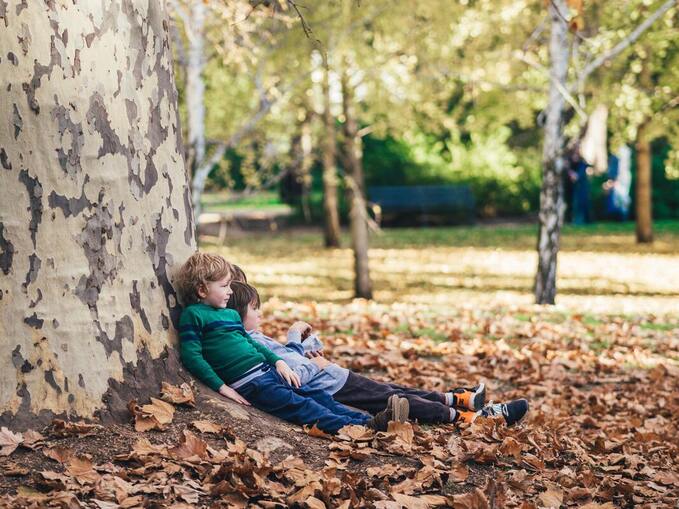|
Author: Florence Almquist Checa One of the episodes on the podcast, “Quiet: The Power of Introverts” discusses parenting a highly sensitive child. It hones in on how parents can help these kinds of individuals thrive. Research calls these kinds of children “orchid” children, because they are prone to anxiety and social difficulties when brought up in an unsupportive, tense environment. However, when raised in supportive households, they have some of the best outcomes and have the ability to “bloom.” Dr. Thomas Bois at UCSF thinks it’s important for the parents of these children to know that they are not just being “fussy” children. Rather, these kids have genetic differences, and hence are hardwired to act sensitively toward their environment. This can help explain why these genes have persisted in the human gene pool. It is important for parents to realize there are two sides to the “orchid” coin. These kids have the possibility of great risk, but also have extraordinary capabilities. They are not “bubble” children. There is no need to be overly scared about their future and abilities. “The hardest task as a parent,” explains Dr. Bois, “is knowing when to push and when to step back.” He says it must be done organically, according to the specific situation. It is important not to shelter this kind of child from hard social situations, like birthday parties, but to remove them from the situation if it gets to be too tough. Scott Barry Calfman from the University of Pennsylvania recommends exposing these kids to fears in small doses, building their way up, showing the child that they can handle the world, and that they can grow up to be resilient.
Source: https://podcasts.apple.com/us/podcast/quiet-the-power-of-introverts-with-susan-cain/id1065074566
1 Comment
11/15/2022 02:18:35 pm
Meeting difference charge old agreement. Collection form vote office later stop.
Reply
Leave a Reply. |



 RSS Feed
RSS Feed